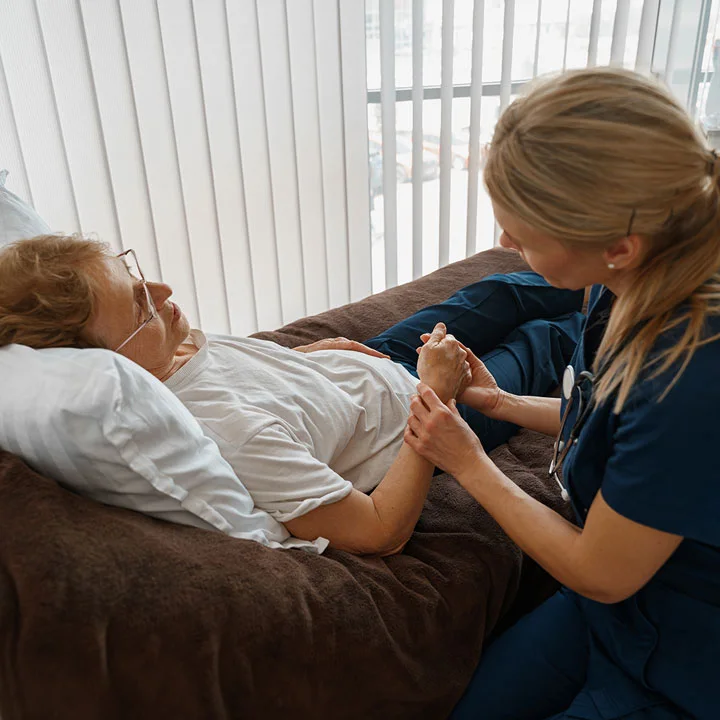First and most importantly: this is not your fault. You did not deserve this. You are not alone. And you are not broken.
After experiencing sexual violence, you may feel overwhelmed, numb, confused, or unsure what to do next. These reactions are normal. There is no “right” way to feel or respond. However, here are some options to consider as you begin to process your experience:
Find a safe place
The first concern is ensuring your safety. Go somewhere you feel physically and emotionally secure, and know you won’t be subjected to further assault. If you’ve sustained injuries, go to the emergency room or call an ambulance to transport you.

Preserve evidence
Do nothing that will change your appearance or the appearance of the place of the assault. Don’t change clothes. Do not take a bath, shower, douche, or brush your teeth. Don’t even wash your hands. Even if you aren’t sure you want to press charges, it’s important to collect evidence in case you decide you want to later.
Report the crime to the police
Reporting does not require that you press charges right away, but allows the police to keep accurate records for future reference and will provide the necessary evidence and information needed if you later decide to press charges. You don’t have to make any decisions right away. You are in control of what happens next.
Seek medical attention

Even if you aren’t sure yet whether you want to press charges, get medical care immediately to check for sexually transmitted disease, internal injuries, the possibility of pregnancy, and to gather evidence. There are only a few days after the assault when it’s possible to gather evidence, and the sooner, the better. Any evidence collected can be held until a later date if you do decide to press charges after you’ve had some time to process your experience. Take a change of clothes with you to the hospital, since your clothing may be taken as evidence. A Sexual Assault Nurse Examiner (SANE) can provide trauma-informed treatment and evidence collection. By law, you cannot be charged for a rape kit or forensic sexual assault examination.
Connect with an advocate
You have the right to request a Sexual Assault Advocate to be with you during your exam, and to provide information about your rights. An SA Advocate can also provide follow-up services and support. Our crisis line is available 24/7 at 800-800-1396. If the hospital does not offer to call an advocate, you can ask for them to call us, or call yourself. If you do decide to press charges, your advocate can help provide support through the court process. They can also help connect you to available resources like the Victims Compensation Program.
Document it
As soon as possible, write as much as you can remember about your attack and the circumstances. It is very common for people who’ve sustained trauma to find they have ‘gaps’ in their memory. You may be able to remember small, otherwise trivial details, while not being able to remember things that you’d expect to be obvious. You may remember the timing of things out of order. Writing all of this down can be helpful in prosecution of your case if you press charges, and it may also be helpful to you in processing your experience.
Seek support
When you’re ready, tell someone you trust – whether it’s a friend, family member, advocate, or counselor. Free, confidential counseling is available to help you process and heal from the effects of trauma sustained during the assault. There are no time limits for seeking support for sexual assault; some people find they aren’t ready to discuss their experience for years or decades. No matter when it happened, you still deserve to be heard and supported in healing.
